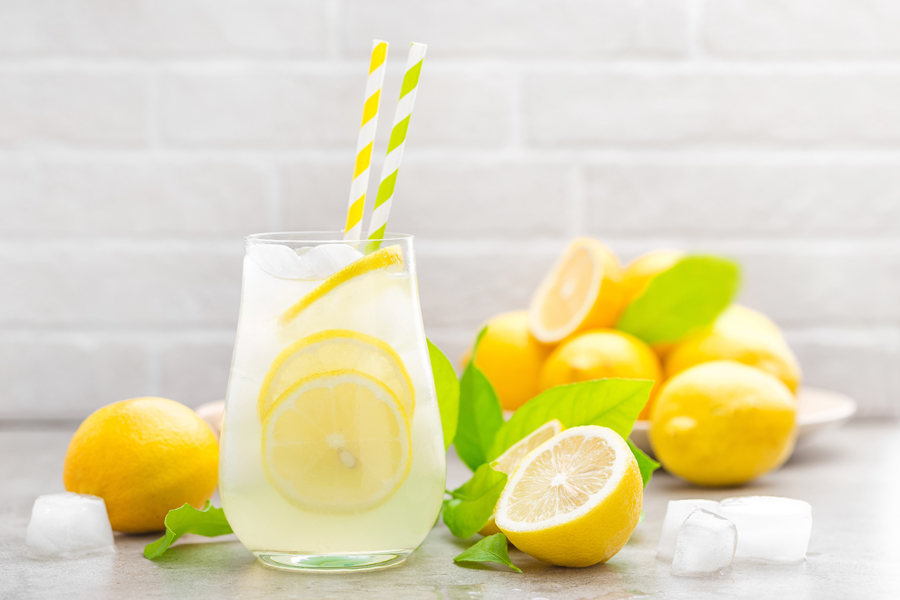There’s nothing like having a drink full of ice on a hot day. And since ice cubes have the added benefit of rattling around in a kid’s cup, kids might find them even more enticing to put in their mouth. But chewing on ice can hurt your child’s teeth, and even potentially do permanent damage.
Before you can even address the issue of chewing ice, it’s important to talk about the dangers of ice cubes and kids. Choking is a leading cause of injury or even death for kids under the age of four, Science Daily reported. And of the things that kids choke on, ice is at the top of the list. So you should always supervise your child if you do decide to cool off their drink with ice.
But let’s say that your child is older and likes to chew on ice. Don’t let him do it, advises Dr. Zachary Linhart, a cosmetic dentist in New York City. “A common cause of fracturing a tooth is biting down on a hard object,” says Dr. Linhart. “Kids may chip or fracture a tooth when chewing ice or hard candy, or when children use their teeth in improper ways, such as to open or loosen something.”
Chewing on ice can affect your child’s teeth in many different ways, depending on how hard the bite is. “The severity of symptoms depends on the size and location of the fracture,” says Dr. Linhart. “A small chip on the surface may very well cause no pain or discomfort. When a tooth cracks completely, the sides can move against each other during chewing, and this leads to discomfort and irritation in the layers beneath (the pulp).”
If your child’s tooth does cracks, you’ll need to take your child to the dentist right away. “If left untreated, the pulp will become irritated enough to cause pain,” says Dr. Linhart. “By this point, the pulp–which contains the nerves and blood vessels–can no longer heal itself.” Unfortunately, a cracked tooth can sometimes go right down to the nerve and cause your kiddo a lot of pain. And eventually, an untreated fracture can lead to tooth decay or infection of the pulp.
While a fractured tooth won’t be able to heal on its own, there are ways to fix it. “Dental solutions can seal or cover the tooth to prevent the fracture from deepening or spreading to the root of the tooth,” says Dr. Linhart. And once your child’s tooth is healed, be sure to swap out ice for a safer alternative. “Your child can eat vegetables, believe it or not!” says Dr. Linhart. “Baby carrots and celery sticks are better snacks than ice—just stay away from ice if and when possible.” Although chewing on ice can hurt your child’s teeth, you can look for something that offers the same kind of crunch to cure your kiddo’s ice craving. That way, you’ll keep them —and their teeth— safe and healthy.



